The ancestral art of tattooing is a way of immortalizing your voyage to French Polynesia. Take a piece of traditional Polynesian culture home with you, and wear it with pride forever.
Cultural heritage
A symbol etched in the skin
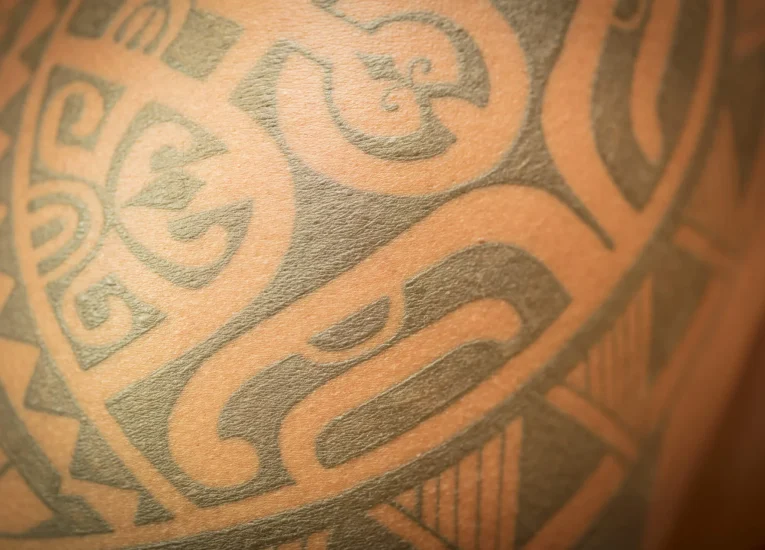
The mythical and historical origins
The word tattoo comes from the Tahitian word ‘tatau’. Legend has it that the very first tattoos were etched into the skin of the god T’a’aroa, the great creator. His two sons, Matamata and Tū Ra’i Pō then transmitted the art of tattooing to man and became the protective divinities of tattooing.
Historically, the origins of Polynesian tattooing go back to the first waves of migrations from Southeast Asia in about 200 years BC. The art spread everywhere throughout the Polynesian triangle except in the Gambier and Tuamotu Islands. The designs of Marquesan tattoos are world famous and are particularly complex and detailed.
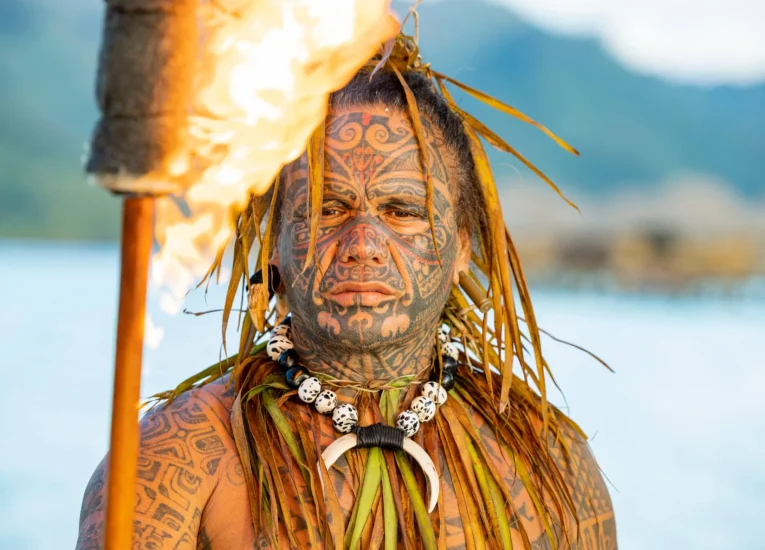
The sacred role of tattooing in traditional society
In pre-European Polynesian society, tattooing played a fundamental role as a social marker and sacred symbol. It was widespread and had many social significations. It wasn’t only a sign of belonging to a particular tribe and territory, it also defined the social rank of the wearer. Tattoos were also linked to important rituals, such as the passage from puberty to adulthood and marriage.
As well as its social aspect, tattooing also had a sacred dimension, rooted in Polynesian culture. Tattoos were considered as a gift from the gods that bestowed a supernatural power on the wearer. Certain designs were specially conceived to protect the wearer and preserve his Mana. They represented prestige and the divine spirit that guaranteed good health, well-being and fertility, while also offering protection from harm.
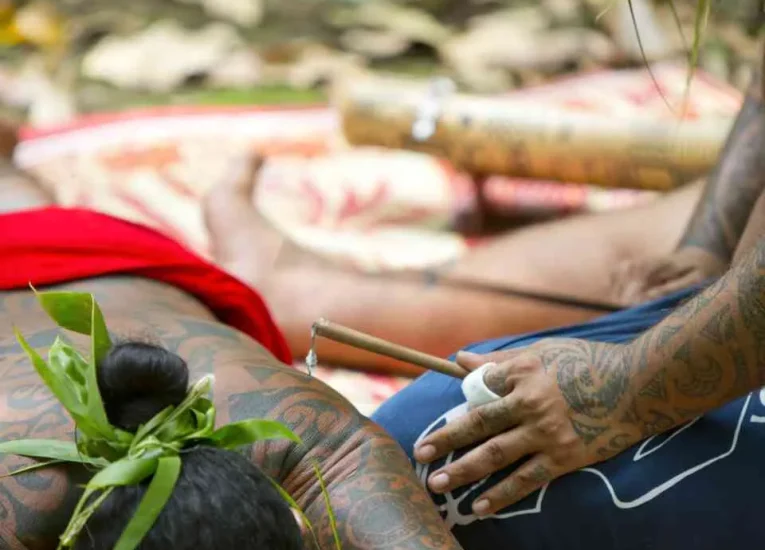
Unlike the modern fashion of body art, traditional Polynesian tattoos were a powerful means of communication and expression in traditional ma’ohi society.
Their social importance was sacred. Tattoos were an essential element of a Polynesian’s identity, conveying the history, culture and values of the ancient civilization to which he belonged.
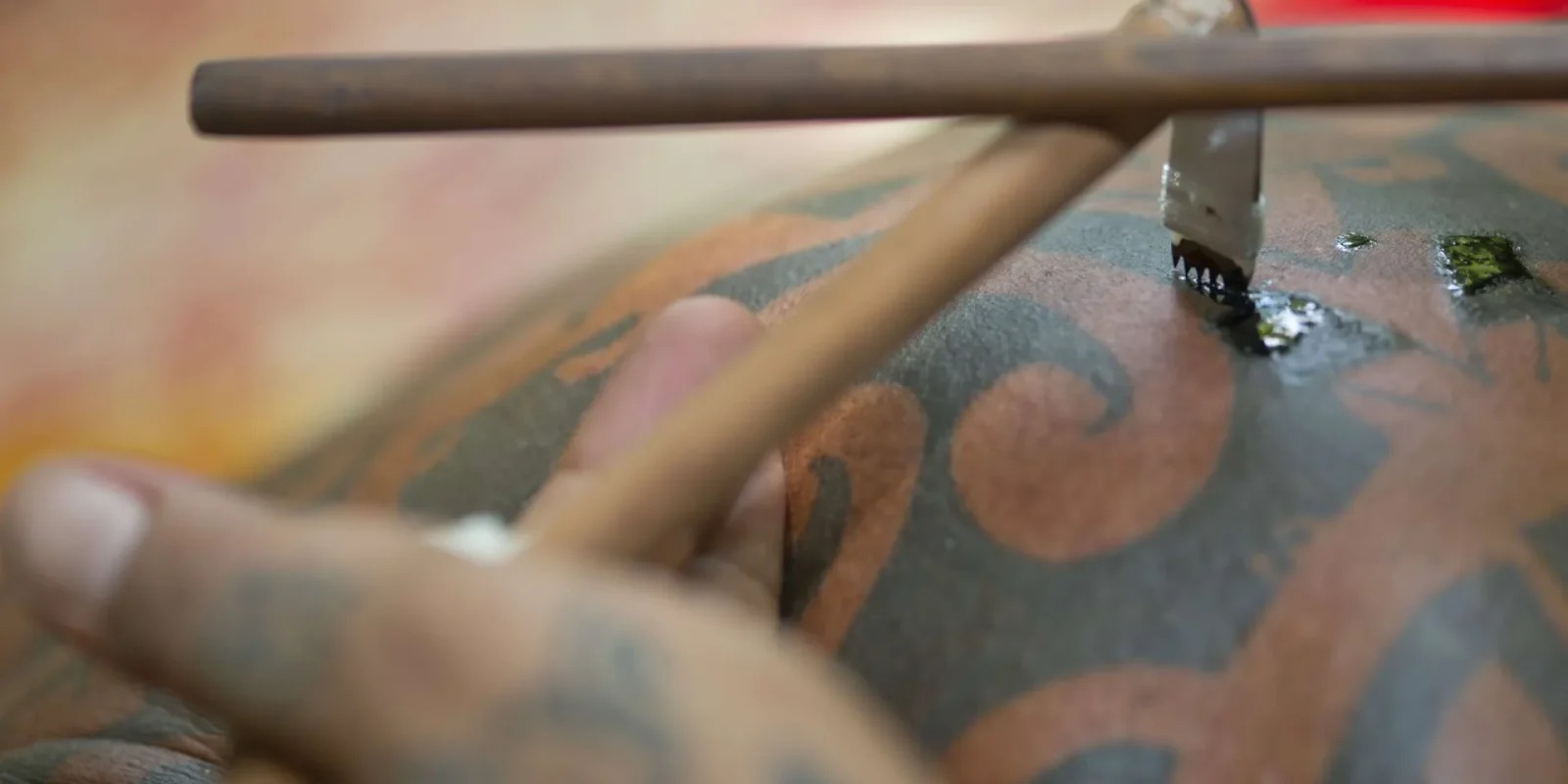
Unique designs and traditional tools
In traditional Polynesian tattooing, each archipelago developed its own distinct designs. In Fenua Enata (the Marquesa Islands) the traditional tattooing is known as ‘patutiki’ which means strike an image. Marquesan tattoos would cover the whole body and face, unlike those of the Society Islands where the face was never tattooed.
Traditional tattooing tools were a small bone comb, a piece of tortoise shell and a fishbone. The ink was produced from charcoal made from the ti’a’iri, or candlenut tree, diluted in oil or water. The teeth of the comb were dipped in the ink and the placed on the skin. The ‘comb’ was tapped repeatedly to pierce the skin and let the ink penetrate. It was a painful process which could take several days, weeks, months or even years, depending on the complexity and volume of the designs.
Be inspired
Experiences
Experience Mana, the mythical Polynesian force that animates every element. Let yourself be transported by adventures, enriching encounters and unforgettable discoveries through a whole range of experiences, each richer than the last.
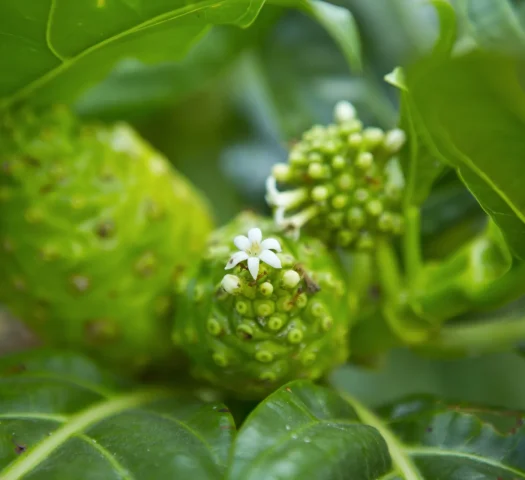
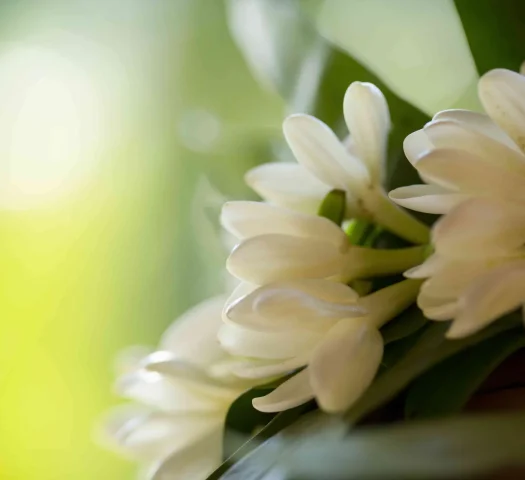
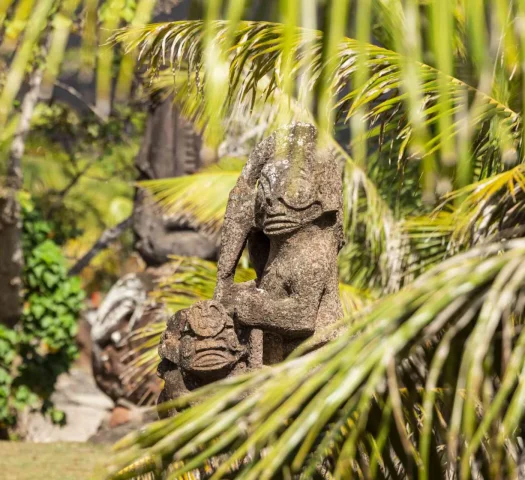
Get a tattoo
Beyond the grave
You can find tattoo artists in almost all of the islands of French Polynesia. The reputation of Polynesian tattooing attracts visitors from all over the world. See the list of tattooing fairs.
In ancient Polynesia, tattooing had an importance that stretched beyond the grave. It was an eternal mark on the skin that “bore witness to the wearer’s origins, social rank and heroic acts, when he was summoned to appear before his ancestors”, according to German ethnologist Karl Von Den Steinen, who analyzed the different forms of artistic expression of the inhabitants of the Marquesas Islands in 1897.
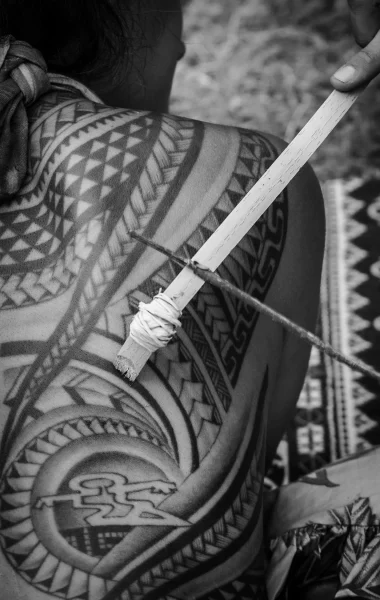
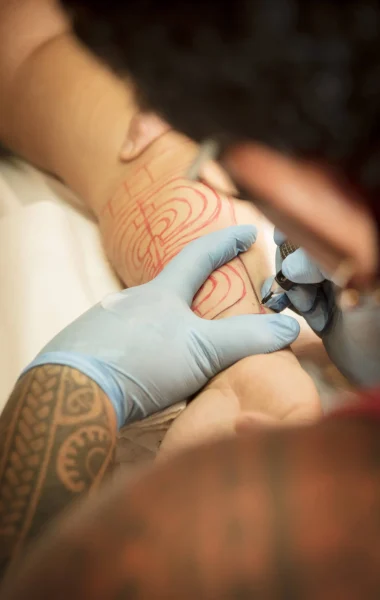
Vacation packages
Immerse yourself in tahitian culture
Latest offers
Discover our authentic vacation packages through which you can immerse yourself in the cultural diversity of each island. Book now and begin your voyage to the heart of Polynesian culture.
18 days
Special Early Bird Offer – Aranui 5 Marquesas Cruise
Bora Bora, Fakarava, Marquesas Islands, Rangiroa, Tahiti
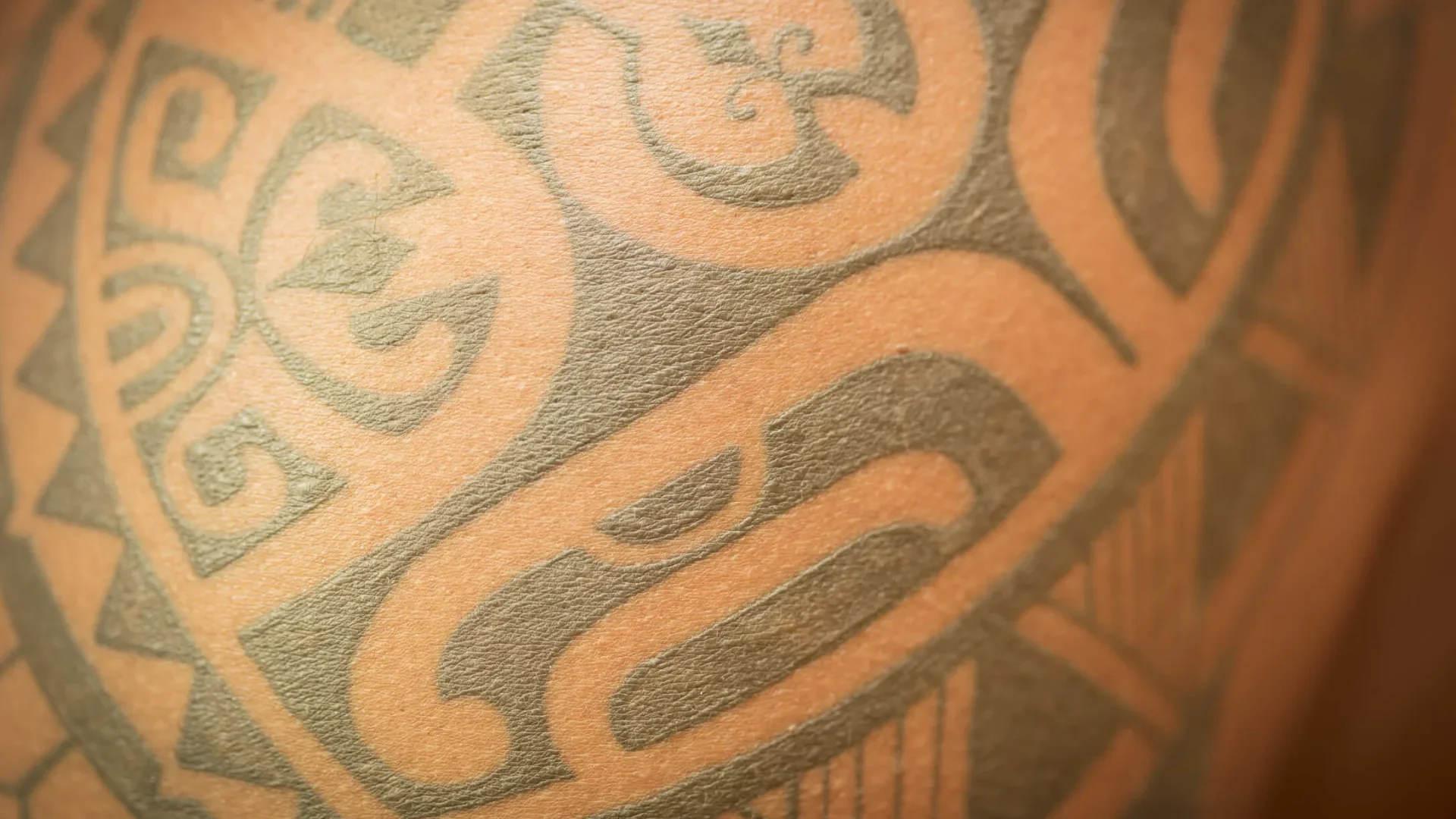
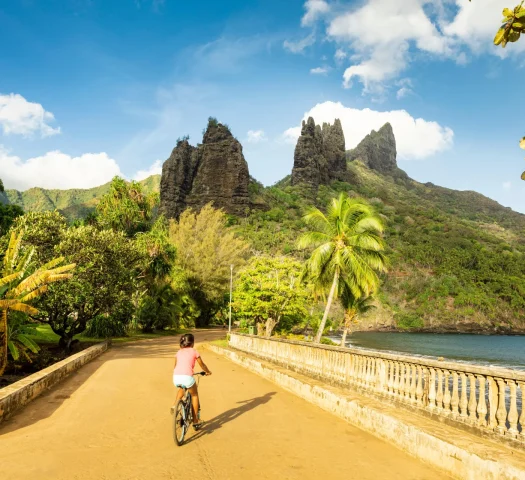
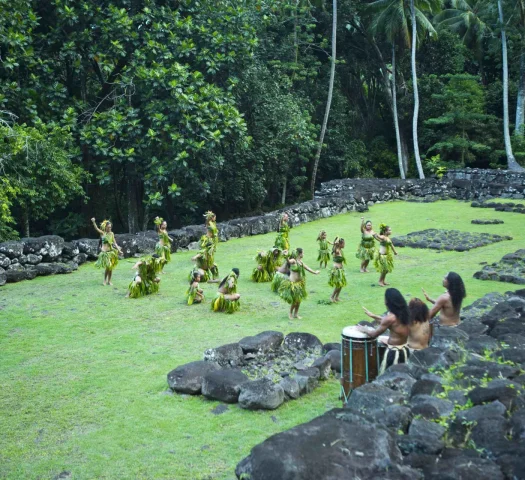
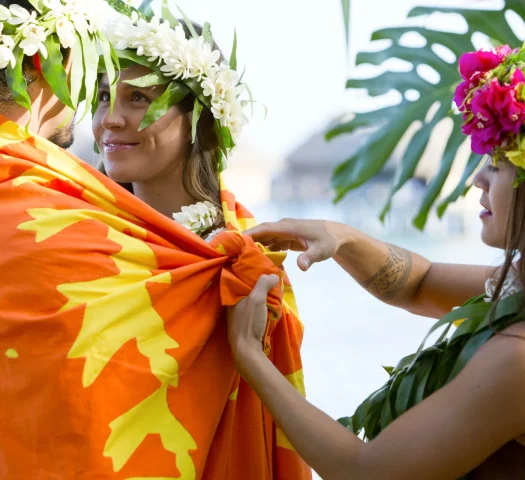






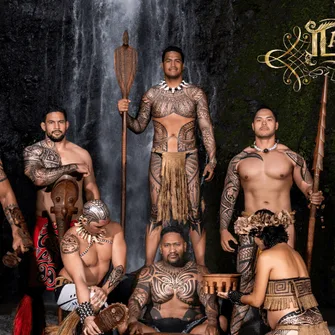





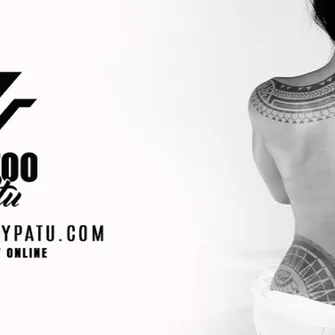
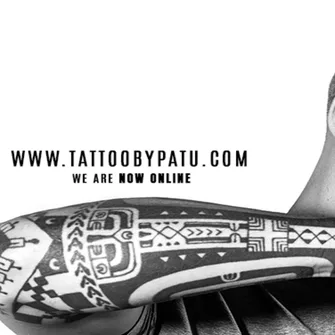
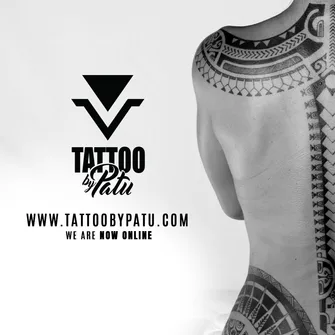
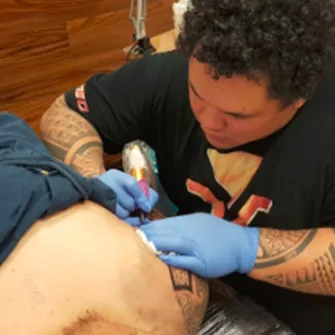





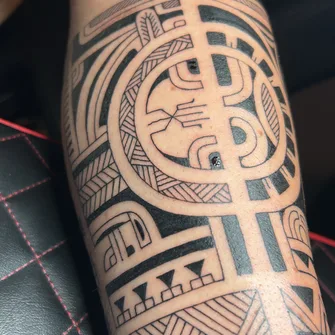
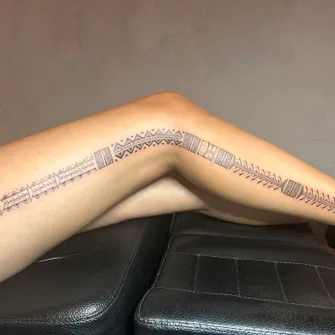
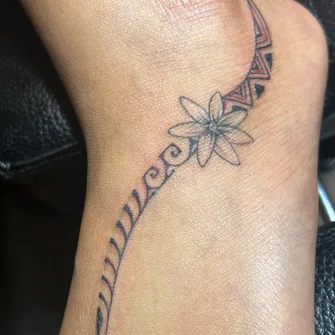
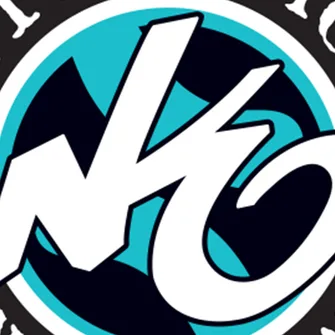



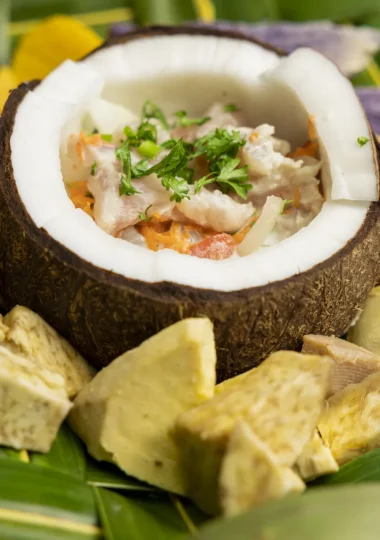
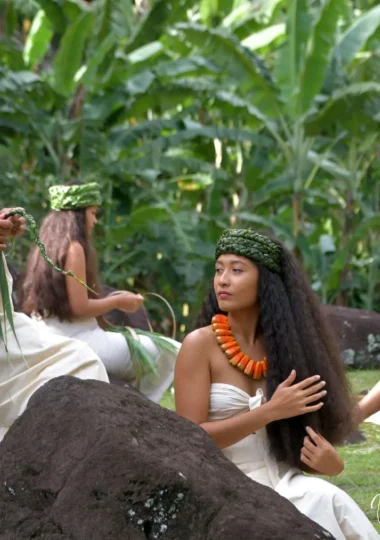
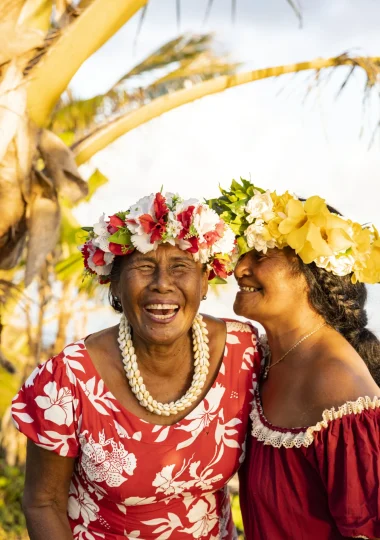
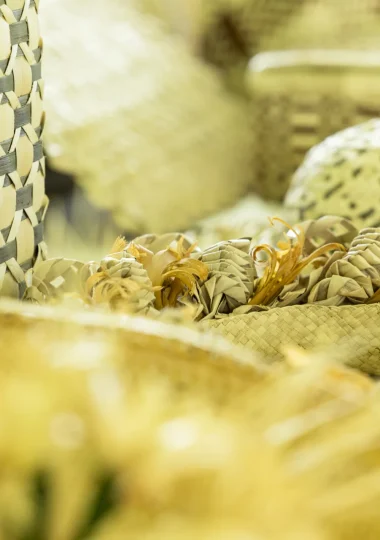
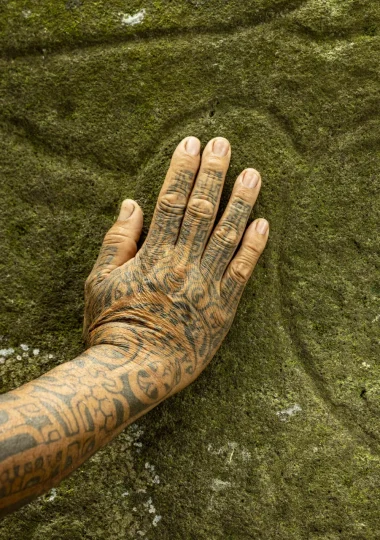
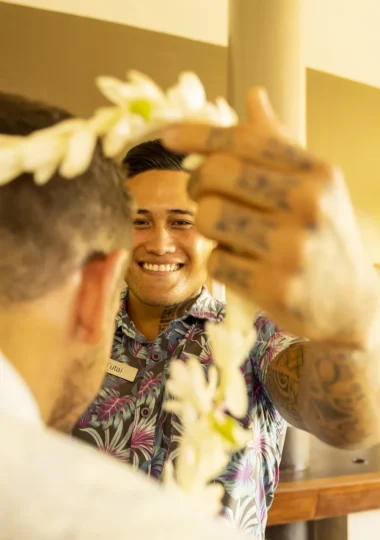
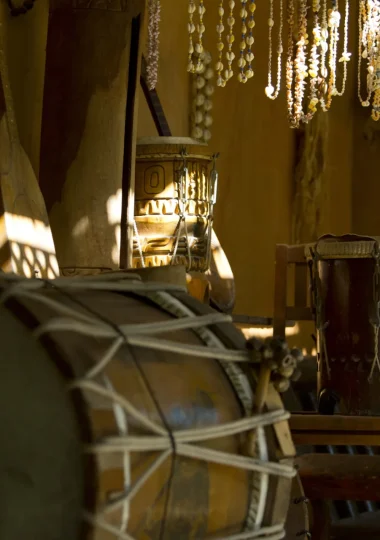
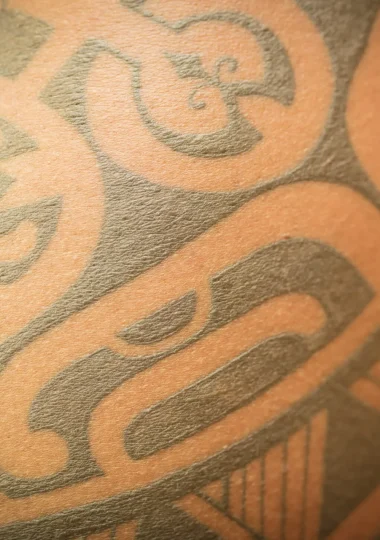
 Australia
Australia
 Belgique
Belgique
 Brasil
Brasil
 Canada (EN)
Canada (EN)
 Canada (FR)
Canada (FR)
 Chile
Chile
 Deutschland
Deutschland
 España
España
 France
France
 Italia
Italia
 Mexico
Mexico
 Polynésie française
Polynésie française
 New Zealand
New Zealand
 Schweizerisch (DE)
Schweizerisch (DE)
 Suisse (FR)
Suisse (FR)
 United Kingdom
United Kingdom
 United States
United States
 한국
한국
 中国
中国
 日本
日本